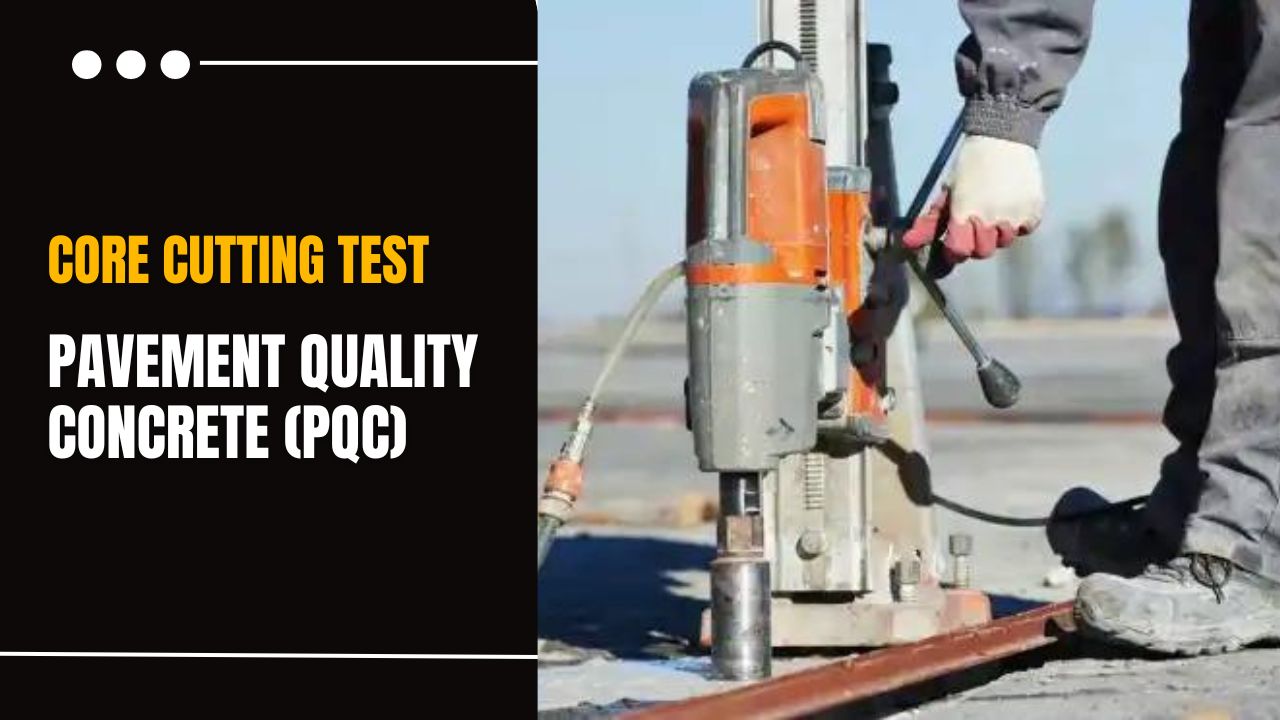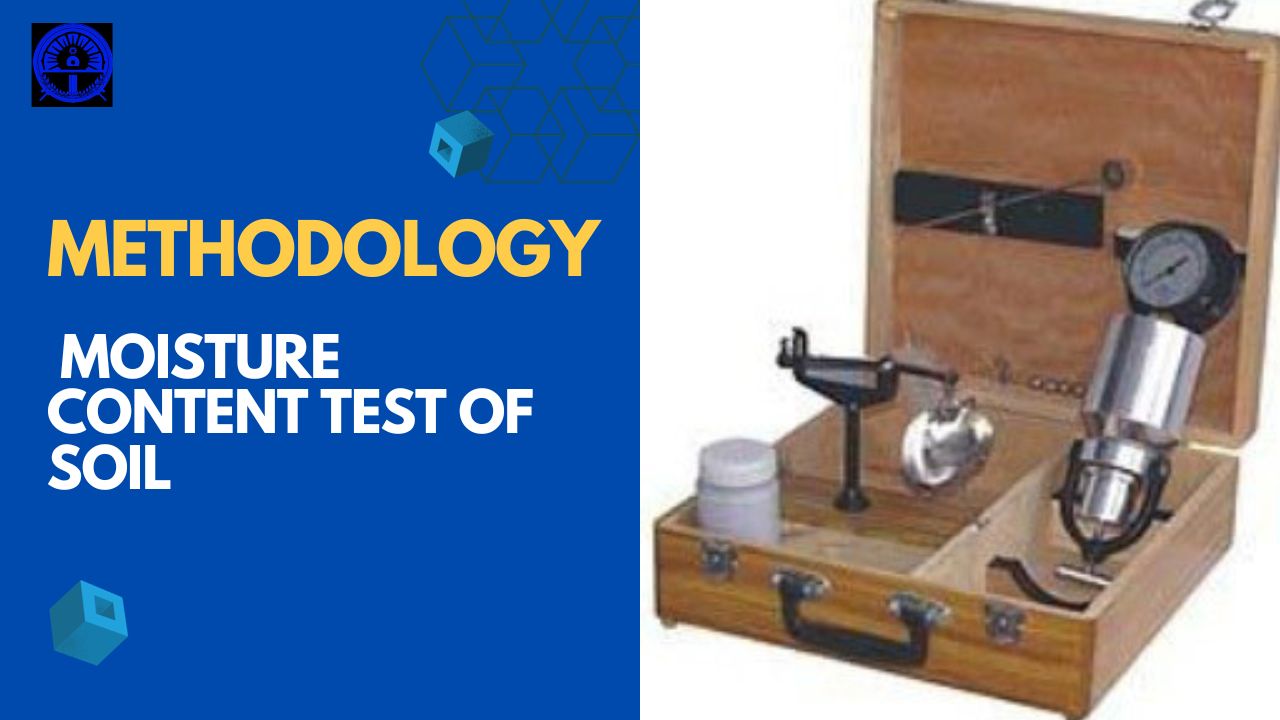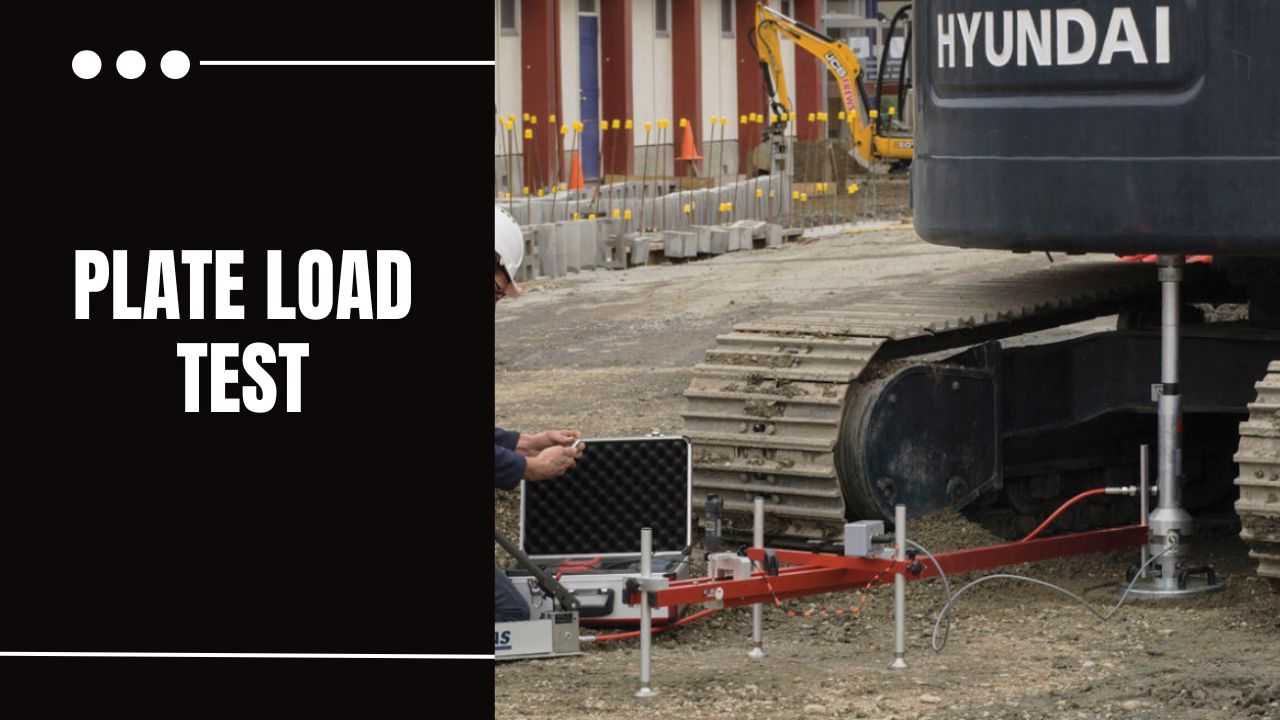(PDF) IS CODES FOR CIVIL ENGINEERING
LIST OF IS CODES FOR CIVIL ENGINEERING In PDF Form Opening a successful civil engineering business depends on adhering to established standards and guidelines. Indian standards (IS codes) are essential for safety, reliability and efficiency in construction practices in civil engineering. Developed by the Bureau of Indian Standards (BIS), this code provides a comprehensive framework … Read more







